Keywords: Economic Benefits
There are more than 200 results, only the first 200 are displayed here.
-
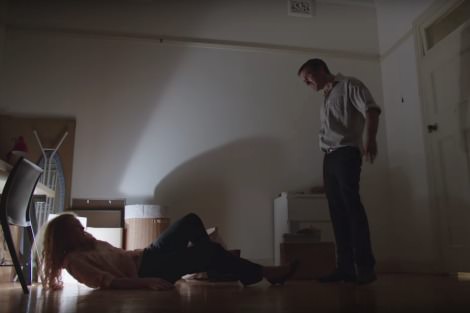
ARTS AND CULTURE
- Kristin Natalier
- 27 April 2016
4 Comments
The federal government's new ad aims to 'stop violence from the start'. It sends a strong message that violence is never acceptable. But it firmly positions domestic violence as a problem of individual attitudes of perpetrators, not the social and economic vulnerability of victims. Envisaging an end of domestic violence achieved through 'starting conversations about respect with boys and girls' sidesteps the need for the material resources necessary to stop violence when it happens.
READ MORE 
-

AUSTRALIA
- Marcelle Mogg
- 17 December 2015
9 Comments
Children in two-parent families don't deserve government support. That's the message the government sent last month when they passed legislation to cut family payments for two-parent families, while other families still get cash payments. One of the problems with recent policies is they increasingly see families as part of the market rather than fundamental building blocks of our communities that need to be supported. Families and communities are in fact undermined by the market.
READ MORE 
-
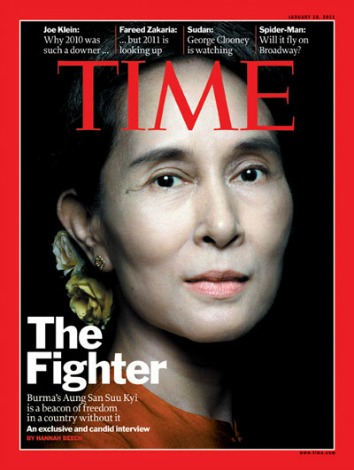
INTERNATIONAL
- Amal Aung Zaw
- 13 November 2015
5 Comments
The results resonate beyond the shores of Myanmar. The manner in which a fragile woman with the power of empty hands wrought a miracle, melting decades of totalitarian dominance, is the stuff of history. The world savours this moment as its own. This is the Gandhi moment, the Mandela moment of the 21st Century. In an era of ISIL killings and chronic violent wars in the middle east for 'democracy', a woman from the east has once again affirmed the moral superiority of non violence.
READ MORE 
-
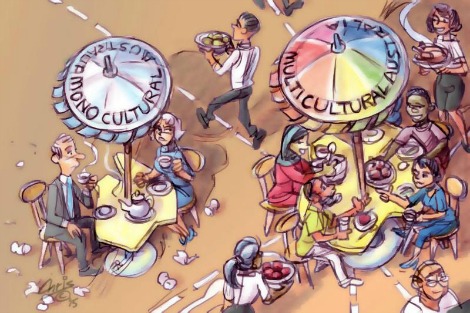
AUSTRALIA
- Gabriela D'Souza
- 09 November 2015
10 Comments
George Megalogenis describes a protest rally in 1849 organised by residents of Sydney against arrivals of more convict boats. Workers who 'wanted to maintain their high-wage society' made 'the first of countless calls that would be made against migrants who threatened to undercut their standard of living'. It is a familiar refrain today. In a world where three-fifths of a person's income is determined by their place of birth, it defies logic that we place restrictions on people's movement to preserve our standard living.
READ MORE 
-
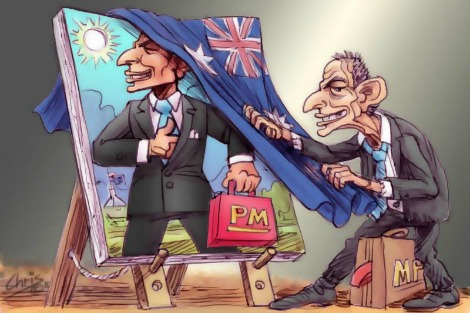
AUSTRALIA
- Fatima Measham
- 12 October 2015
18 Comments
Australia has a long line of prime ministers whose standing has been propped up over time. Edmund Barton was a racist; Alfred Deakin spoke against 'undesirable coloured aliens'. The passage of time tends to extract the essential parts of a prime minister's stint, which is how complex figures like Whitlam, Fraser, Keating and Howard end up being rehabilitated in collective memory. It's hard to tell whether there is enough complexity in Abbott and his time as prime minister to enable such restoration.
READ MORE 
-
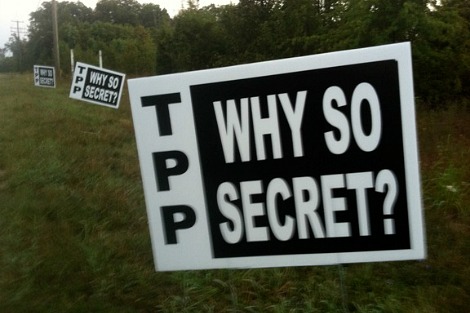
AUSTRALIA
- Binoy Kampmark
- 07 October 2015
3 Comments
According to WikiLeaks, the Trans-Pacific Partnership is the 'icebreaker agreement' for what will be a 'T-treaty triad' which will ultimately apply to 53 states, 1.6 billion people and two-thirds of the global economy. Each of the countries was being sold the implausible idea that the agreement was too large not to sign, that this was the train of history that needed to be occupied, even if seating was in third class. What was on sale, however, was a dogma of corporate benefit rather than public welfare.
READ MORE 
-
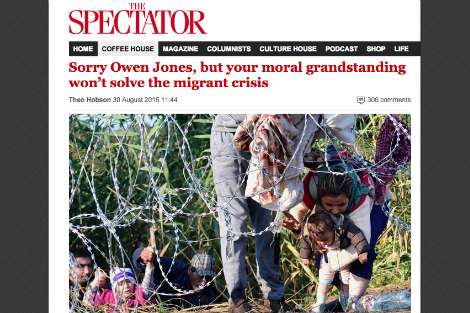
AUSTRALIA
- Tim Robertson
- 09 September 2015
3 Comments
Writing in The Australian this week, Chris Kenny declares: 'Emotion, moral vanity, political posturing and good intentions won't be much of a guide when it comes to making the right decisions and delivering the best results'. He and like minded opinion writers get so much traction because they're essentially correct. Compassion alone is not enough.
READ MORE 
-
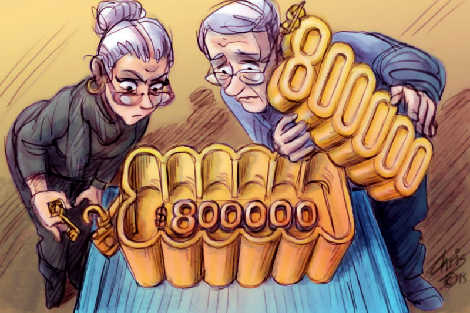
ECONOMICS
There has been great pressure on both of the major political parties to stop giving so-called rich retirees partial pension income. The conventional view has become that retired millionaires should not be feeding off the public teat. But in terms of income, many of those 'rich retirees' would actually be better off on the pension.
READ MORE 
-
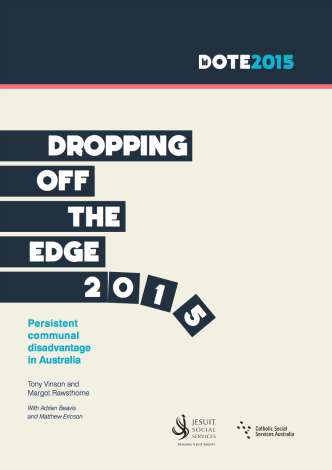
AUSTRALIA
- Andrew Hamilton
- 23 July 2015
9 Comments
It's like being trapped. Dropping out of school will be magnified if your parents are unemployed and you have come under the juvenile justice system. If you live in particular areas you will find it difficult to overcome the effects of disadvantage. The report Dropping off the Edge 2015 stresses the importance of examining the interlocking of the aspects of disadvantage.
READ MORE 
-

AUSTRALIA
- Andrew Hamilton
- 28 May 2015
7 Comments
Tony Abbott's evocation of 'the tyranny of low expectations' invites more general reflection on education and public life. I believe that the Australian approach to education does indeed impose a tyranny of low expectations in the sense that the expectations are defined by economic achievement and its attendant wealth and status, and the goal for schools is success in enabling students to participate economically.
READ MORE 
-
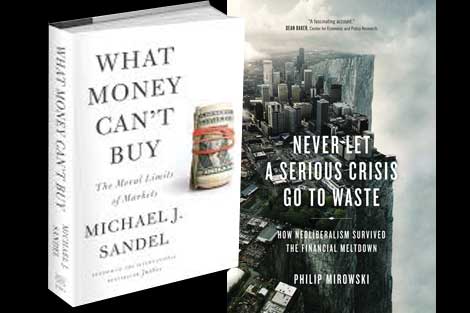
AUSTRALIA
Neoliberal economics underlies the recent Federal Budget and the major parties’ welfare policies. It proclaims the end of the age of entitlement and speaks of small government, as it embraces the privatisation of 'service delivery'. Faith based organisations are involved as agencies of the government, often forced to impose punitive measures rather than the promise of the 'carrot' that is their purpose.
READ MORE 
-
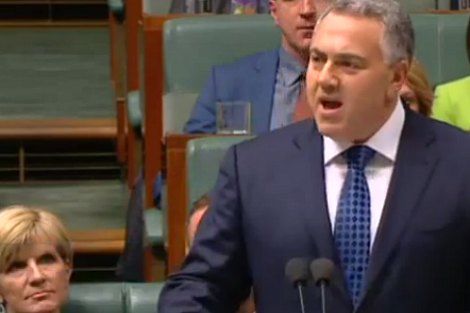
AUSTRALIA
- Marcelle Mogg
- 13 May 2015
8 Comments
Is this the Budget you have when you're not having a Budget? The most remarkable thing about this Budget, in contrast with Prime Minister Abbott's promise of a fair Budget, is that so much of it relies on the re-election of a Coalition Government in 2016. Is it fair to make vulnerable Australians wait that long?
READ MORE 